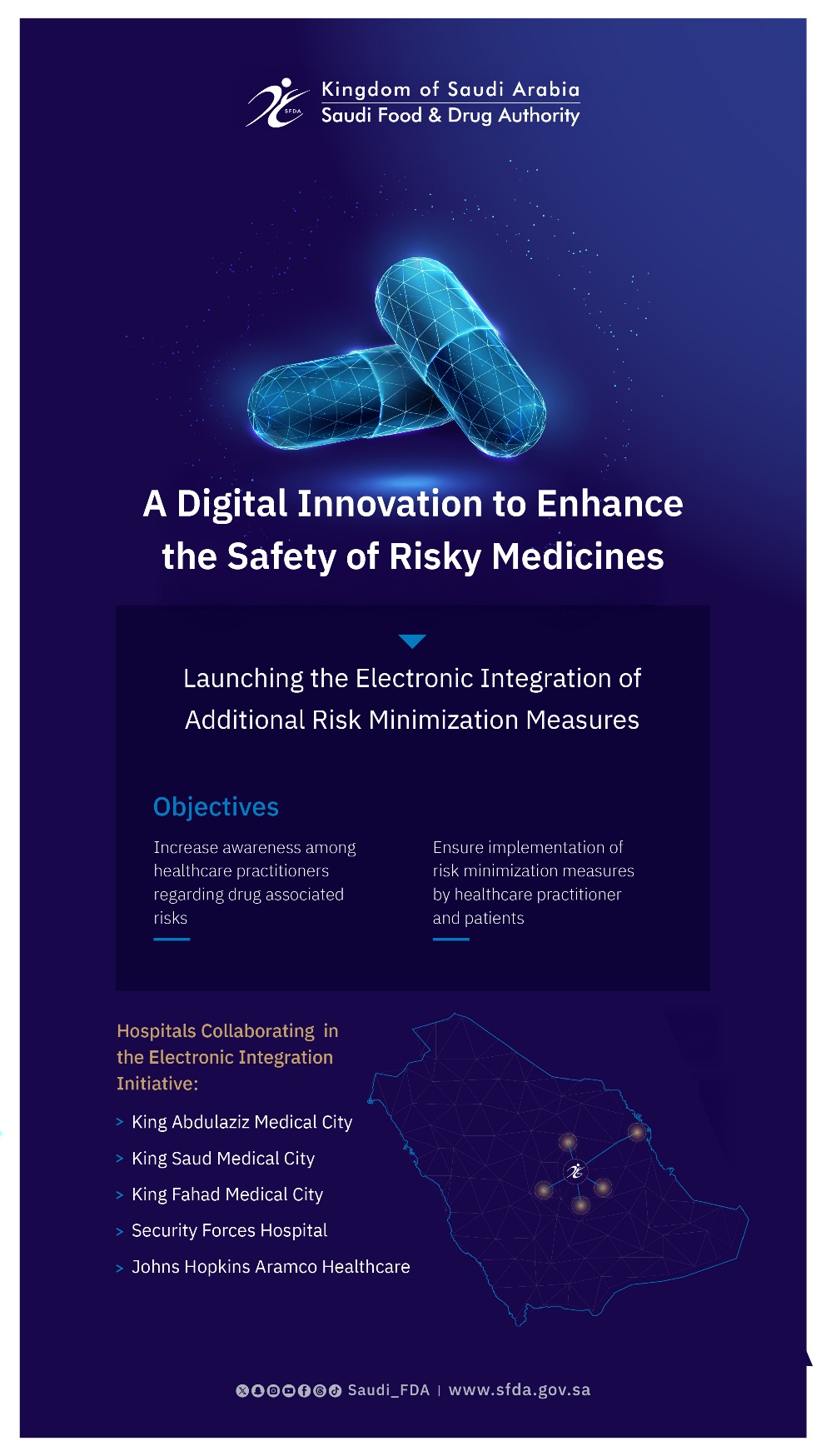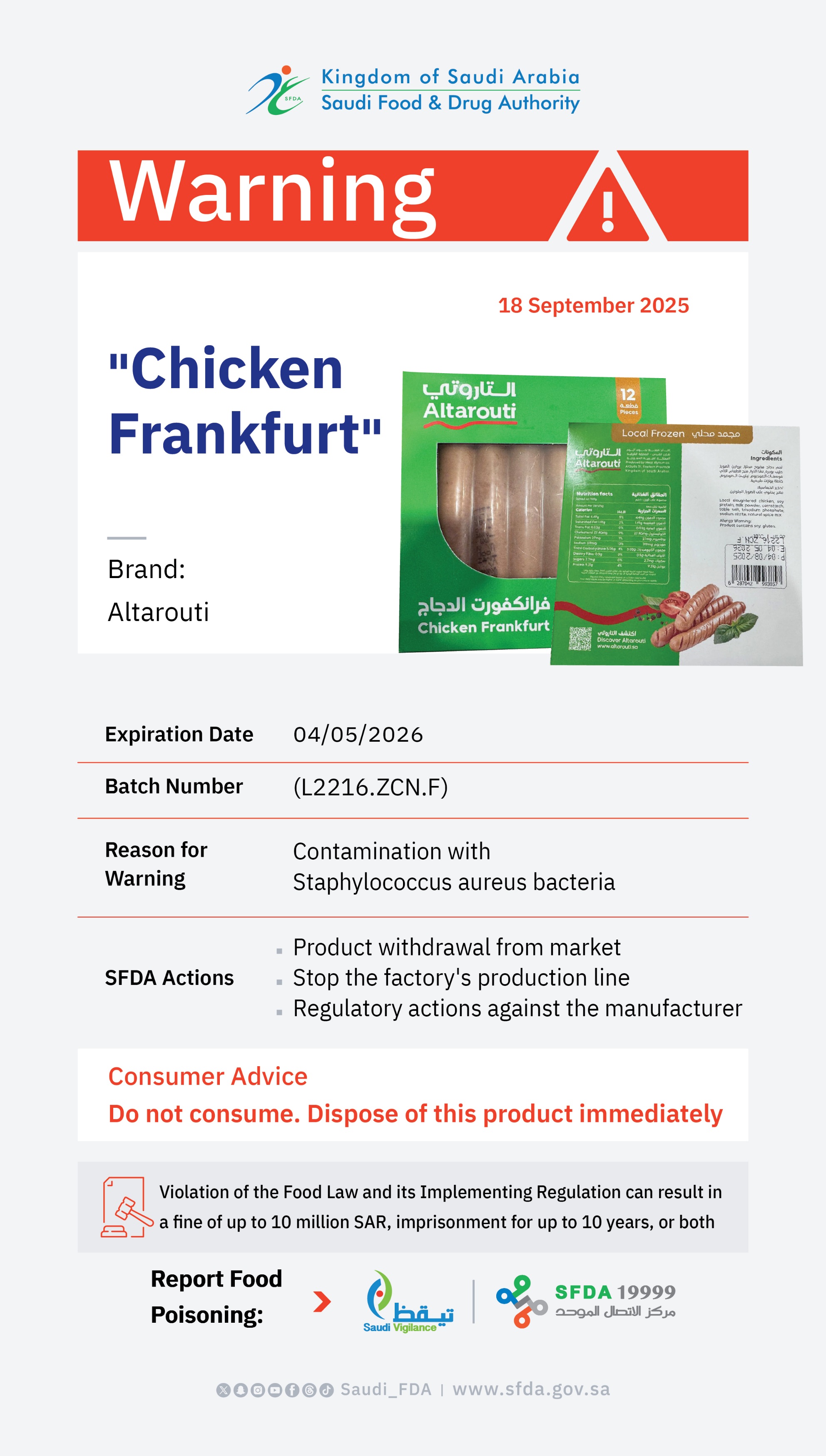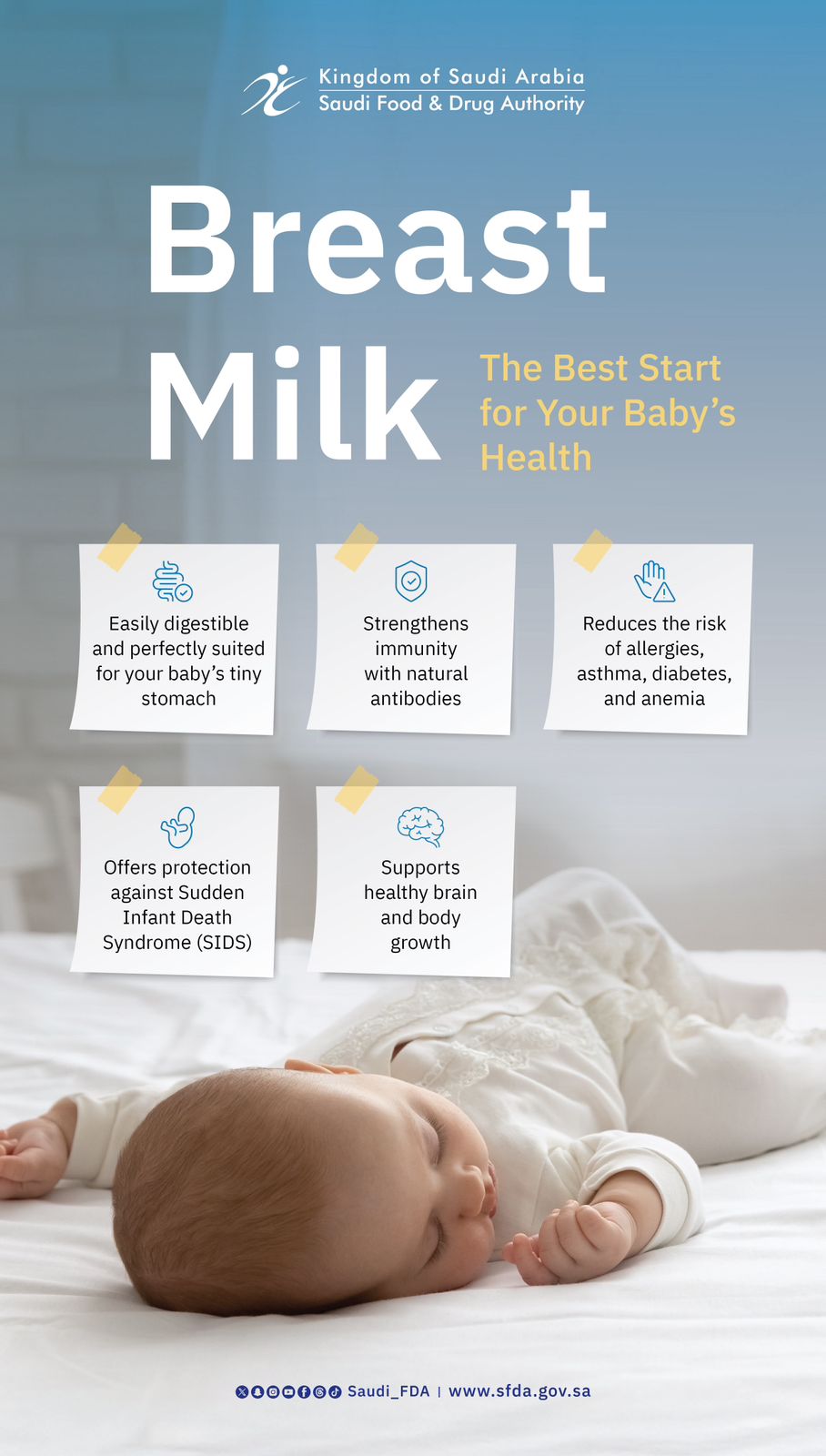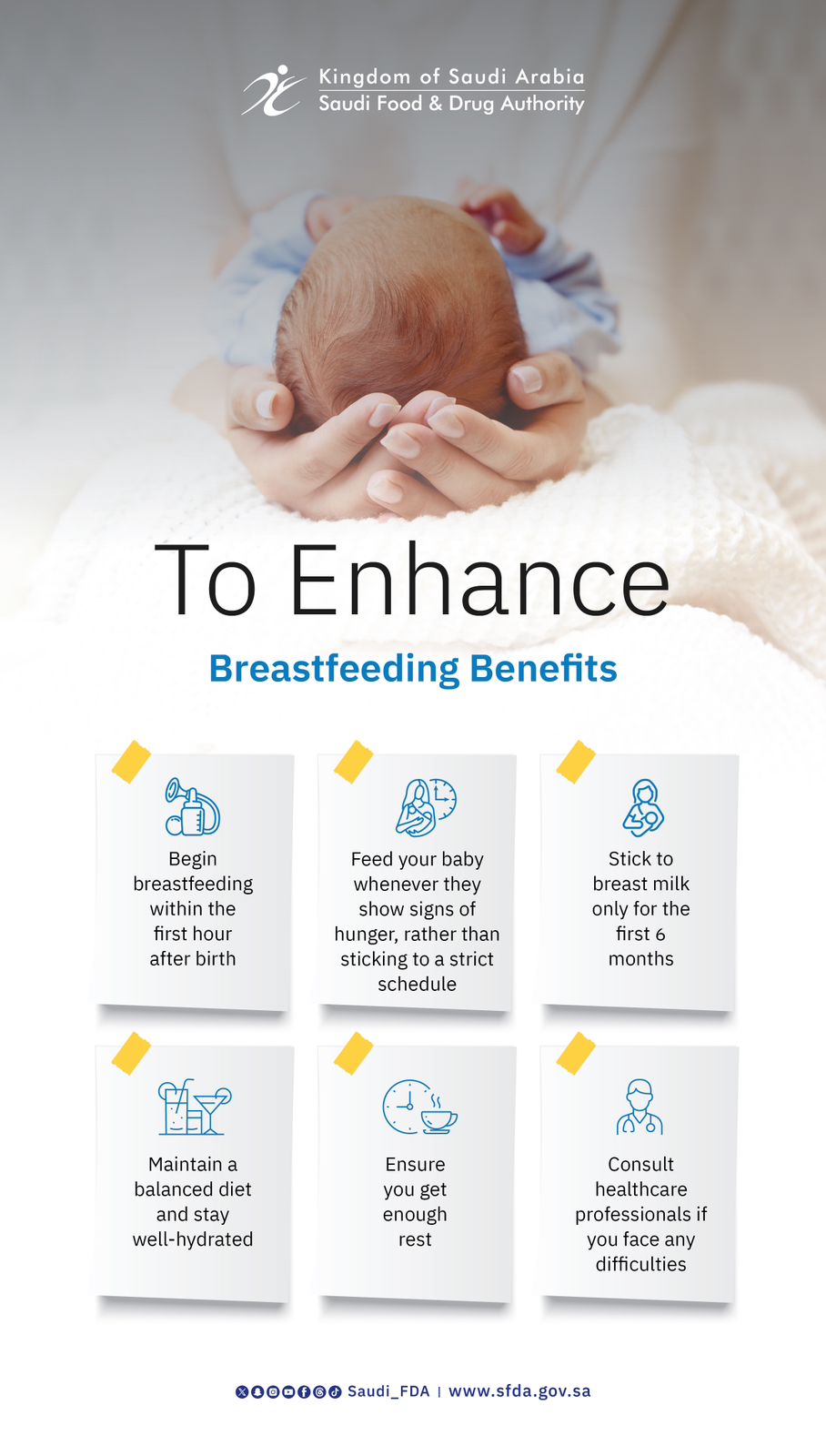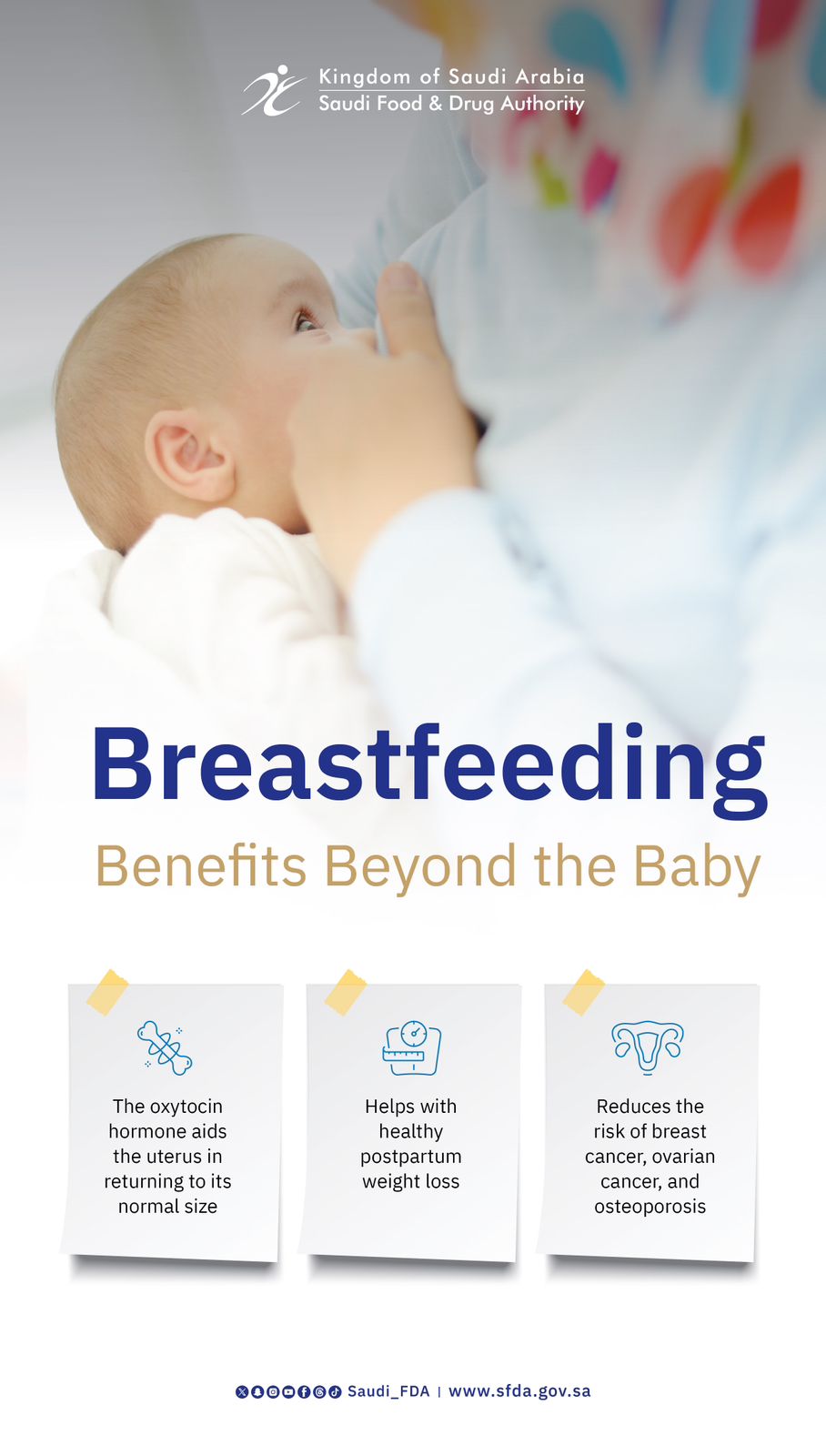SFDA and Germany’s Federal Institute for Risk Assessment (BfR) Sign MoU to Strengthen Cooperation in Food Safety
2025-11-27
The Saudi Food and Drug Authority (SFDA) and the German Federal Institute for Risk Assessment (BfR) signed a Memorandum of Understanding (MoU) today in Berlin, establishing a comprehensive framework for joint cooperation in the fields of food safety and risk assessment. The signing took place on the sidelines of the official visit of H.E. Fahad Abdulrahman AlJalajel, Minister of Health and Chairman of the SFDA Board of Directors, to the Federal Republic of Germany. H.E. the Minister of Health led the SFDA delegation, and the MoU was signed by Dr.





